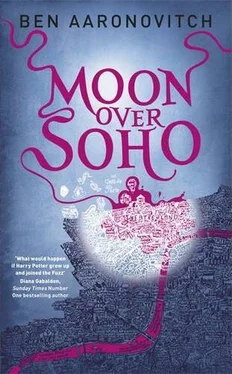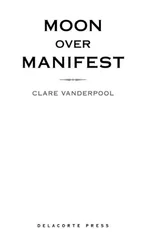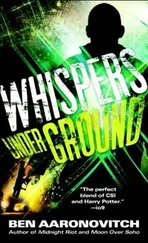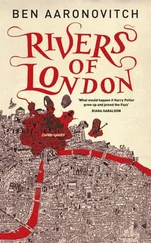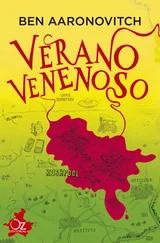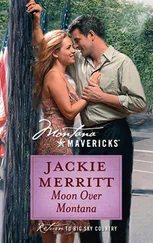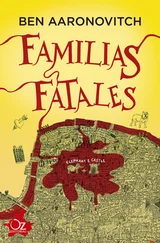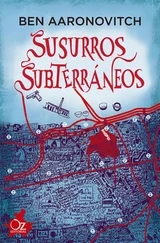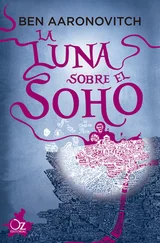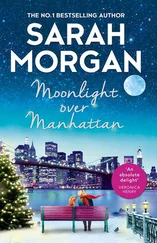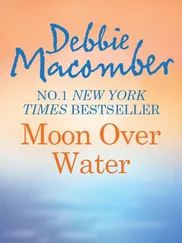“Cyrus would have left,” said Daniel.
Everybody stared at him for a moment.
“Come on, guys, you know that’s what would have happened,” said Daniel. “We’d have done a few more gigs, somebody would have spotted him, and it would be It’s been fun, guys, let’s not lose touch .”
“Was he that good?” I asked.
James scowled down at his noodles, then stabbed them a few times with his chopsticks in obvious frustration. Then he chuckled. “He was that good,” he said. “And getting better.”
James raised his bottle of beer. “To Cyrus the Sax,” he said. “Because talent will out.”
We clinked our glasses.
“You know,” said James. “Once we’re done here, let’s go find some jazz.”
SOHO ON a warm summer evening is alive with conversation and tobacco smoke. Every pub spills out into the street, every café has its customers outside at tables perched on pavements that were originally built just wide enough to keep pedestrians out of the horse shit. On Old Compton Street fit young men in tight white T-shirts and spray-on jeans admired one another and their reflections in the shop windows. I caught Daniel pinging his radar off a couple of tasty young men checking themselves out outside the Admiral Duncan but they just ignored him. It was Friday night and after all that gym time they weren’t getting into bed for anything less than a ten.
A tangle of young women with regulation-length hair, desert tans, and regional accents slid past — female squaddies heading for Chinatown and the clubs around Leicester Square.
The band and I didn’t so much proceed up Old Compton as ricochet from one clique to the next. James nearly fell over as a pair of white girls ticked past in stilettos and pink knit mini dresses. “Fuck me,” he said as he recovered.
“Not going to happen,” said one of the girls as they walked away. But there was no malice in it.
James said he knew a place on Bateman Street, a little basement club in the grand tradition of the legendary Flamingo. “Or Ronnie Scott’s,” he said. “Before it was Ronnie Scott’s.”
It wasn’t that long since I’d been patrolling these streets in uniform and I had a horrible feeling I knew where he was going. My dad’s been known to wax lyrical about a youth misspent in smoky basement bars full of sweat, music, and girls in tight sweaters. He said that in the Flamingo you basically had to pick a spot where you were prepared to spend the night ’cause once things kicked off it was impossible to move. The Mysterioso had been designed as a deliberate re-creation of those days by a pair of likely lads who would have been the quintessential cheeky, cockney barrow-boy entrepreneurs if they hadn’t both been from Guildford. Their names were Don Blackwood and Stanley Gibbs but they called themselves the Management. It had been a rare weekend shift when me and Leslie didn’t end up on a shout to the street outside.
The trouble was never inside the club, though, because the Management hired the roughest bouncers they could find, strapped them into sharp suits, and gave them carte blanche on the door entry policy. They were famously arbitrary in their exercise of power and even at eleven forty-five there was a queue of hopefuls down the street.
There’s always been a tradition of po-faced seriousness about the British jazz scene and a kind of chin-stroking “yes I see” roll-necked sweaterness to the fans — my current company being a case in point. Judging from the punters in the queue, old tradition was not the Management’s target demographic. This was Armani-suit, dress-to-impress, bling-wearing, switchblade-carrying jazz and I didn’t think it likely that me and the band were going to make the cut.
Well, definitely not the band anyway. And to be honest that suited me because whereas the band had grown on me, a night of semiprofessional jazz has never been my idea of a good time. If it had been, my dad would have been a happier man.
Still James, in the grand tradition of belligerent Scotsmen down the ages, was not prepared to give up without a struggle, so ignoring the queue he went immediately on the offensive.
“We’re jazzmen,” he said to the bouncer. “That’s got to count for something.”
The bouncer, a side of meat that I knew for a fact had done time in Wandsworth for various crimes that started with the word aggravated , at least gave this some serious consideration. “I’ve never heard of you,” he said.
“Maybe maybe,” said James. “But we are all part of the same community of spirit — yes? The same brotherhood of music.” Behind his back Daniel and Max exchanged looks and shuffled back a foot or two.
I stepped forward to head off the inevitable violence and as I did I caught a flash of “Body and Soul.” The vestigium was subtle but against the Soho ambience it stood out like a cool breeze on a hot night. And it was definitely coming from the club.
“Are you his friend?” asked the bouncer.
I could have shown my warrant card but once that’s out in the open all the useful witnesses have a tendency to melt away into the darkness and develop impressively detailed alibis.
“Go and tell Stan and Don that Lord Grant’s son is waiting outside,” I said.
The bouncer scrutinized my face. “Do I know you?” he asked.
No, I thought, but you might remember me from such Saturday-night hits as “Would you please put that punter down I’d like to arrest him,” “You can stop kicking him now, the ambulance has arrived,” and the classic “If you don’t back off right now I’m going to nick you as well.”
“Lord Grant’s son,” I repeated.
I heard James whisper behind me, “What the fuck did he say?”
When my dad was twelve his music teacher gave him a secondhand trumpet and paid, out of his own pocket, for Dad to have lessons. By the time he was fifteen he’d left school, gotten himself a job as a delivery boy in Soho, and was spending his spare time hungrily looking for gigs. When he was eighteen Ray Charles heard him playing at the Flamingo and said — loud enough for anyone who was important enough to hear — “Lord but that boy can play.” Tubby Hayes called my dad Lord Grant as a joke and the nickname stuck from then on.
The bouncer tapped his Bluetooth and asked to speak to Stan and told him what I said. When he got a reply I was impressed by the way his expression didn’t change as he stepped aside and ushered us in.
“You never said your dad was Lord Grant,” said James.
“It’s not the sort of thing you just drop into a conversation, is it?”
“I don’t know,” said James. “If my dad was a jazz legend I think I’d at least bring it up just a wee bit.”
“We’re not worthy,” said Max as we descended into the club.
“You remember that,” I said.
If the Spice of Life was old wood and polished brass, the Mysterioso was cement floors and the kind of flocked wallpaper that curry houses stripped off their walls in the late 1990s. As advertised, it was dark, crowded, and surprisingly smoky. The Management in its quest for authenticity was obviously turning a blind eye to the smoking of tobacco contrary to the provisions of the Health Act (2006). Not just tobacco either, judging by the fruity tang drifting over the bobbing heads of the punters — my dad would have loved this place even though the acoustics were rubbish. All it needed was an animatronic Charlie Parker shooting up in the corner and it would be a perfect theme-park re-creation.
James and the boys, in the grand tradition of musicians everywhere, headed straight for the bar. I let them go and moved closer to the band who — according to the front of the bass drum — were called the Funk Mechanics. True to their name they were playing jazz funk on a stage that was barely raised above the floor. It was two white guys with a black guy on bass and a redheaded drummer with a pound of silver attached to various parts of her face. As I worked my way toward the stage I realized that they were doing a funked-up version of “Get Out of Town,” but they’d given it a completely spurious Latin rhythm that pissed me off. Which struck me as strange even then.
Читать дальше
